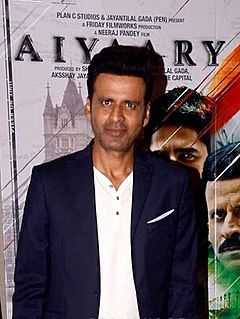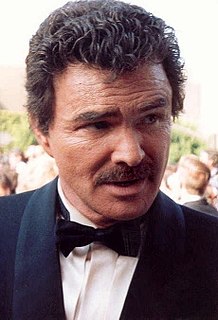A Quote by Daisy Shah
What eventually counts is whether your film was successful at the box-office or not, or more so if the film has made its money, and 'Race 3' did that.
Related Quotes
'Race' is one of the most successful film franchises in Bollywood. So I was really excited and honoured on being approached for the film. But since I was already committed to another film during the same time as the makers are planning to shoot 'Race 3,' things eventually didn't work out, unfortunately.
If I give five flops, I won't get a job. You have to perform at the box office when you are at the top. No one is running a charity here. People are putting huge amounts of money to make movies, and they want the films to be successful. They have invested money in you, so it is your duty to make sure the film does well.
Everyone thinks that Fight Club is a very important and successful film, but it was a massive box-office failure. Massive. It was a big flop by any commercial-release standard. And it's been a huge hit on DVD. Everything that movie has become has been on DVD. So you can't stake your sense of creative success on this whole box-office-performance matrix, because if you do, you're going to be disappointed most of the time.
You do the work and you want people to see it; but, um while I'm doing the work, the result doesn't matter at all to me. Ultimately, I don't, I don't care whether the film is - you know - some big giant box-office bonanza and I don't care if its a complete flop. To me, when a film gets made and it's actually finished it's a success. They're all a success in their own way.
In any film business, if you're trying to get your next film made, you would never say, 'Oh, my last film was a cult film.' I'd say, 'Oh, great, well I hope this one isn't!' I always say to Johnny Knoxville, 'How do you do it? You sort of do the same thing we did, except you made millions, and I made hundreds.'




































